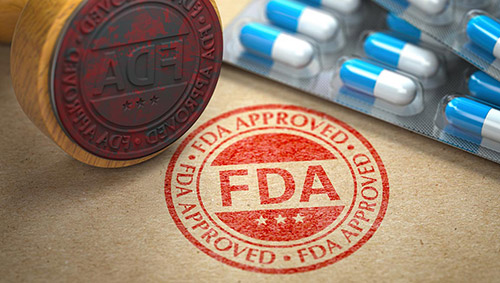Whether biologic or biosimilar, the manufacturing of medicines follows essential steps. To learn everything about the drug manufacturing process, check out our full article.
b. Personalized medicine
Thanks to advances in genetics and artificial intelligence, personalized medicine is making significant progress. By continuously improving genome analysis, it enables treatments that are better tailored to individual patient characteristics, enhancing effectiveness while minimizing side effects.
c. The rise of nanotechnologies
Nanotechnologies are another major trend in pharmaceutical innovation, opening new possibilities for drug delivery. By precisely targeting diseased cells, they help reduce the toxicity of treatments. This approach is particularly promising in oncology and for neurodegenerative diseases.
3. Legal trends in the pharmaceutical market: Evolving regulations and standards
a. Increased transparency requirements
To enhance the safety and effectiveness of medicines, regulatory authorities are carrying out stricter controls, with a focus on:
- Transparency of clinical trials
- Traceability of active substances
- Compliance of manufacturing chains
b. Eco-Design and sustainability
In response to environmental concerns, the pharmaceutical industry is shifting towards more sustainable solutions.
Recyclable glass packaging is gaining popularity as an alternative to polluting plastics, while waste reduction and the optimization of manufacturing processes are also important in regard to industrial strategies.
 https://www.sfamgroup.com/wp-content/uploads/2025/04/drug-manufacturing-challenge-pharmaceutical-cdmo.jpg
654
1154
SFAM
https://www.sfamgroup.com/wp-content/uploads/2024/06/logo-sfam.svg
SFAM2025-04-10 09:00:542025-04-10 08:52:05Pharmaceutical CDMOs: key advantages and challenges of pharmaceutical outsourcing
https://www.sfamgroup.com/wp-content/uploads/2025/04/drug-manufacturing-challenge-pharmaceutical-cdmo.jpg
654
1154
SFAM
https://www.sfamgroup.com/wp-content/uploads/2024/06/logo-sfam.svg
SFAM2025-04-10 09:00:542025-04-10 08:52:05Pharmaceutical CDMOs: key advantages and challenges of pharmaceutical outsourcing


